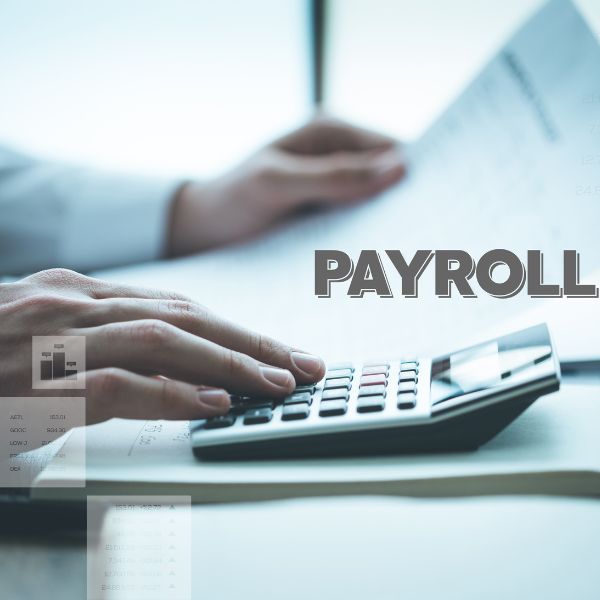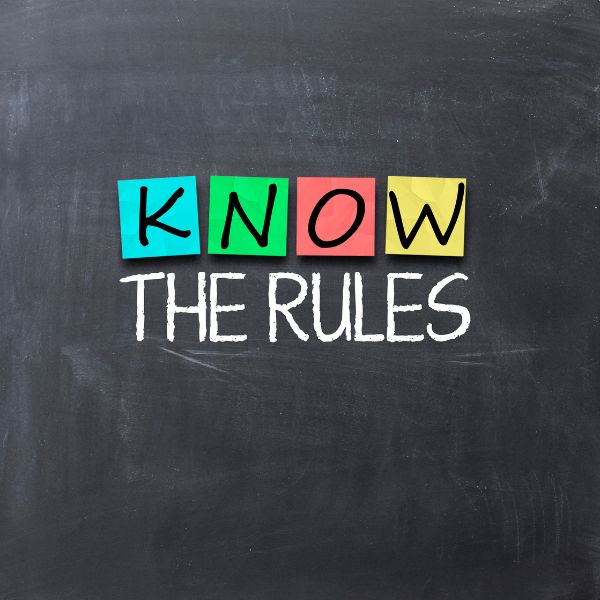
What is Payroll Maintenance?
The management and administration of the financial records pertaining to employee remuneration inside an organisation is referred to as payroll maintenance. It entails calculating and processing compensation for workers, including salaries, wages, bonuses, and deductions. Tracking attendance, figuring hours worked, deducting taxes and other withholdings, and giving employees paychecks or direct deposits are all duties that fall under the category of payroll maintenance. It also entails making sure that tax rules, labour laws, and other legal obligations are followed. Correct record keeping, conformity to regulatory requirements, and timely and correct payment of employees are all ensured by effective payroll management.
Process of Payroll Maintenance:
- Obtaining and maintaining accurate employee information, such as name, contact information, tax withholding information, job status, and compensation or wage rates, is important.
- Monitor Employee Attendance and Hours Worked: Keep track of each employee's hours worked, including overtime, vacation, and sick leave.
- Calculate Gross Pay: To determine the gross pay for each employee, utilise the attendance and hours worked records to account for normal pay rates, overtime rates, and any relevant bonuses or incentives.
- Deduct taxes and withholdings: Calculate and deduct taxes, health insurance premiums, retirement contributions, and other withholdings from employee wages as per applicable regulations.
- Distribute Payments: Ensure that employee wages are distributed promptly and accurately via direct deposits or paychecks, ensuring that workers get their net pay on the scheduled payday.

Benefits of Payroll Maintenance:
- Compliance: Proper payroll maintenance helps ensure compliance with applicable labor laws, tax regulations, and employment standards, reducing the risk of penalties or legal issues.
- Accuracy: Payroll maintenance ensures accurate calculation and distribution of employee salaries, benefits, and deductions, minimizing errors and discrepancies.
- Employee Satisfaction: Timely and accurate payroll processing contributes to employee satisfaction and morale, as employees can rely on receiving their wages on time and correctly.
- Financial Planning: Effective payroll management provides valuable financial data for budgeting, forecasting, and cost analysis, supporting informed decision-making.
- Tax Reporting: Payroll maintenance facilitates accurate tax reporting and compliance, including the preparation and submission of payroll-related tax forms and documents.
- Record-Keeping: Proper payroll documentation helps maintain organized and detailed records, which can be useful for audits, employee inquiries, and historical data analysis.
Payroll Maintenance Rules
Payroll Maintenance Rules are the rules and specifications that companies must follow while administering their payroll operations. These regulations guarantee that employee pay, tax withholdings, and other deductions are calculated and distributed in a proper and precise manner. They include a range of responsibilities like keeping track of employee information, abiding by labour rules, correctly computing taxes, and delivering payroll reports to the appropriate authorities. Businesses may assure legal compliance, prevent fines, and preserve openness and fairness in their payroll systems by adhering to these regulations.

FAQ:
The practise of monitoring and keeping correct records of employee salaries, deductions, taxes, and other payroll-related information is known as payroll maintenance.
For the timely and precise payment of employee wages, compliance with tax and labour legislation, and the preservation of accurate financial records for auditing and reporting needs, payroll maintenance is crucial.
Tracking employee hours worked, figuring earnings and salaries, subtracting taxes and other withholdings, producing paychecks or direct payments, and keeping records of payroll activities are all common parts of payroll administration.
Depending on how frequently the employees are paid, payroll maintenance should normally be performed on a regular basis, such as weekly, bimonthly, or monthly.
Employee information, timesheets or attendance records, payroll registers, tax forms, benefit enrollment forms, bank statements, and compliance paperwork are among the documents that should be kept for payroll-related purposes.
The applicable tax and labour rules require that payroll records be kept for a specific amount of time. For the precise retention time, it is wise to check local laws or get expert guidance.
Payroll errors or inaccuracies can result in inaccurate employee payments, compliance problems, fines, and irate employees. Any payroll inconsistencies must be accurately identified and promptly corrected.
Yes, companies have the option to outsource their payroll management to independent contractors that have expertise in overseeing compliance and handling payroll procedures.
Payroll taxes, such as income tax, Social Security tax, and Medicare tax, are withheld and submitted by employers on behalf of their employees. Additionally, they have to submit payroll tax reports as needed by the tax authorities.
The production of payroll reports, as well as computations, tax withholdings, and other payroll operations, are all automated and streamlined by payroll maintenance software. It assists in minimising mistakes, gaining time, and assuring adherence to payroll laws.
Documents Required for Payroll Maintenance
- Employee information
- Employment contracts
- Timesheets or attendance records
- Payroll registers
- Tax forms
- Payroll tax returns
- Benefit enrollment forms
- Bank statements
- Employee records
- Compliance documentation


